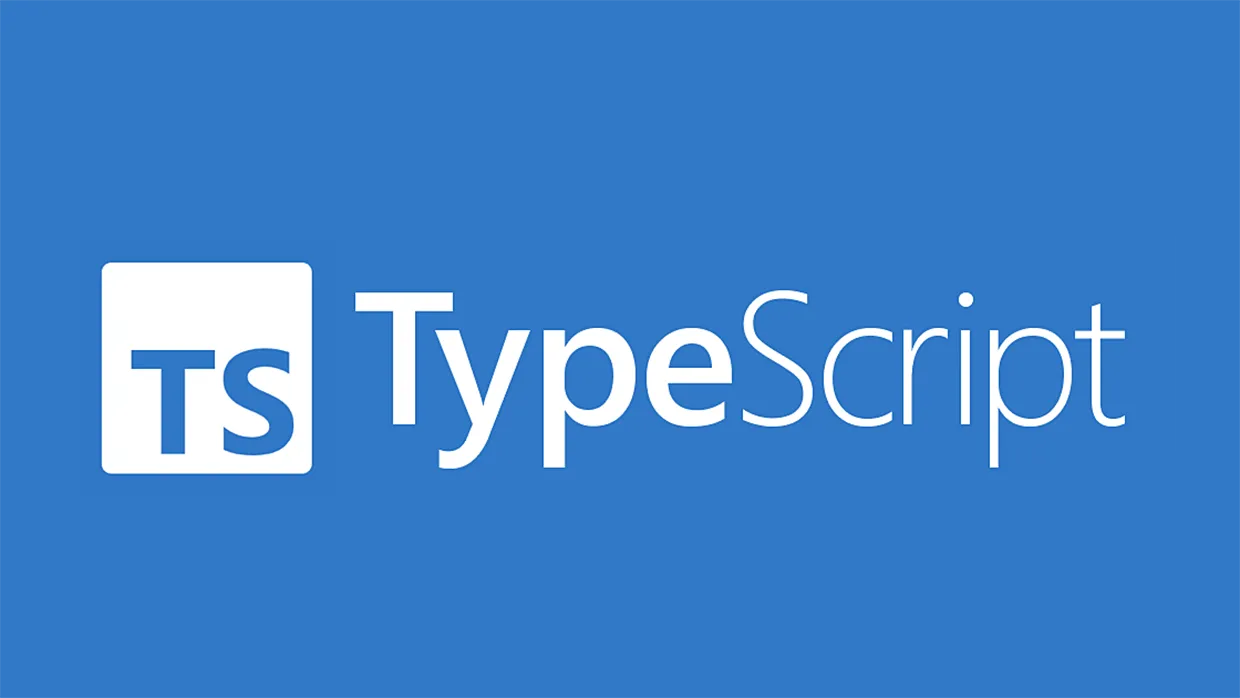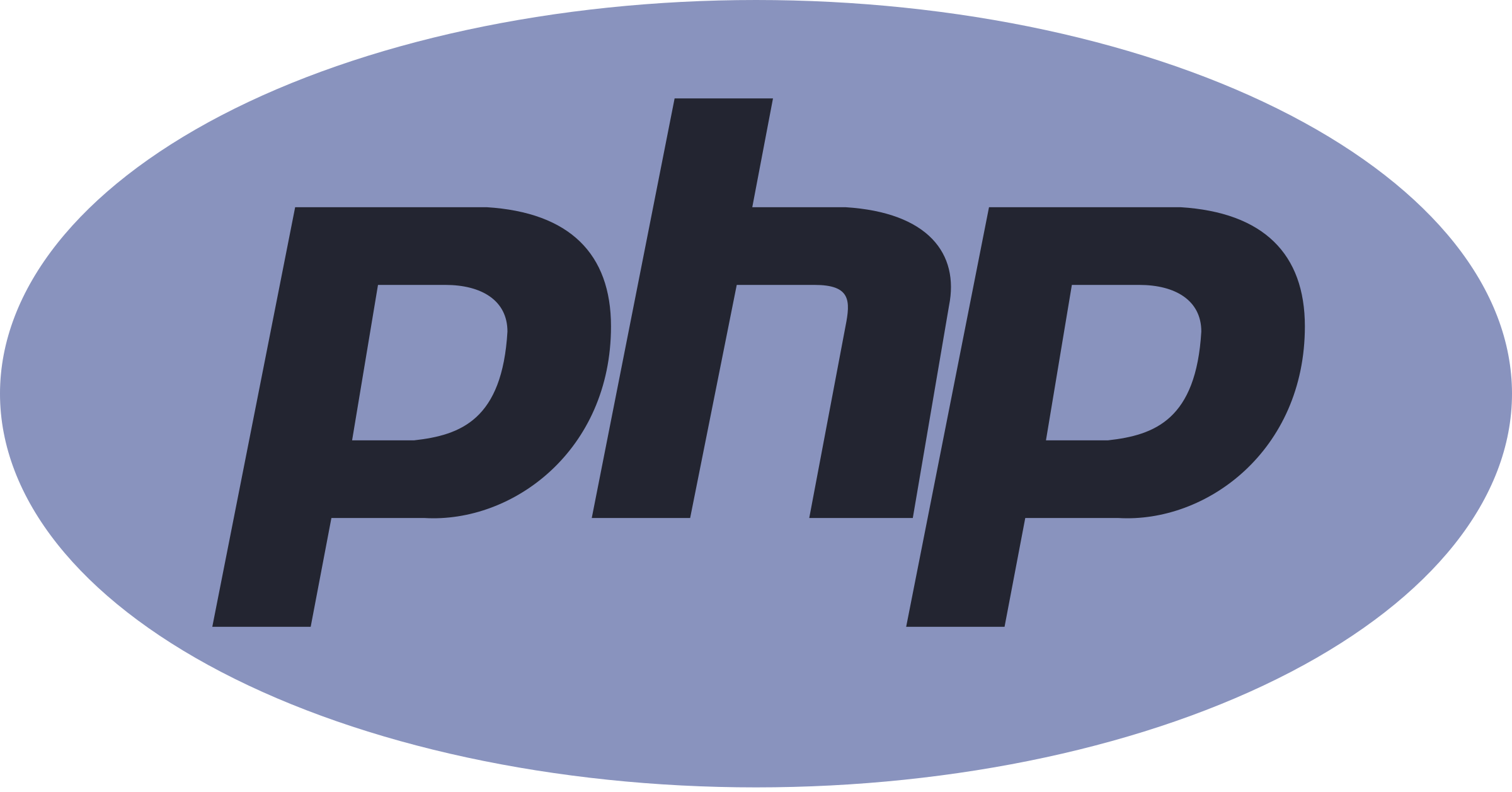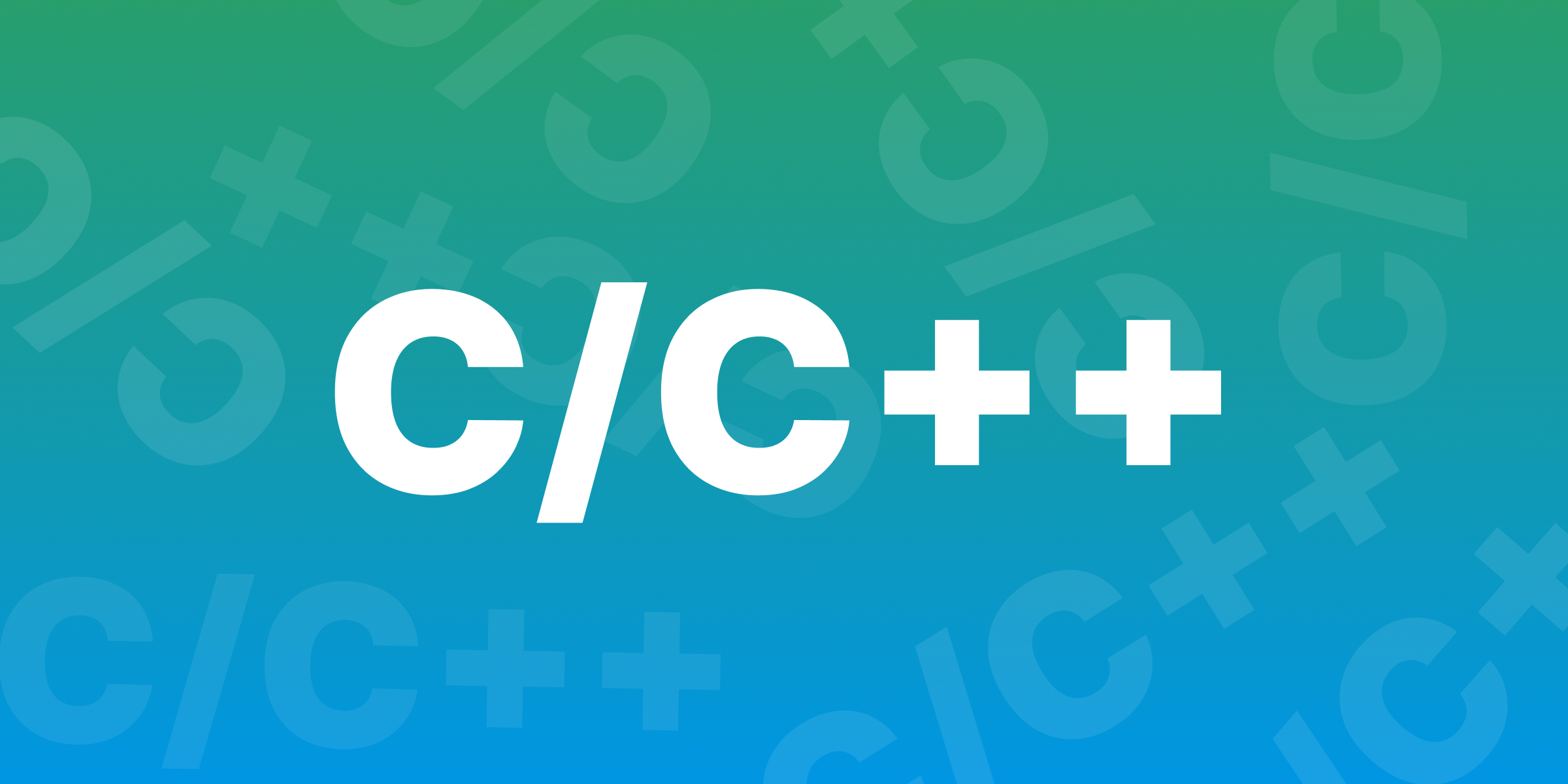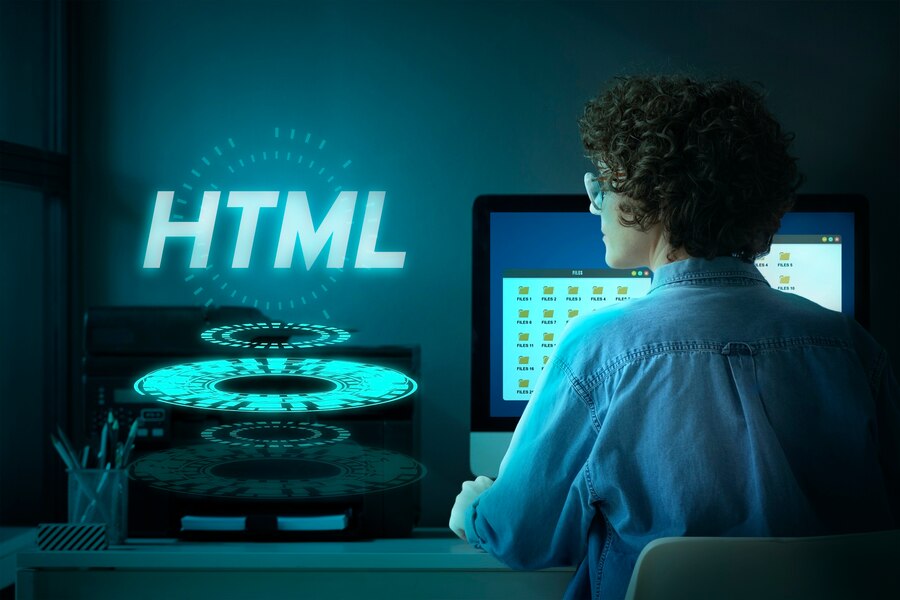Learn C programming is a great way to start your coding journey. C is a powerful and flexible language that helps you understand how computers work. By choosing to learn C programming, you’re taking the first step toward becoming a skilled programmer.
C programming is used in many areas, like software development, operating systems, and game development. When you learn C programming, you will understand how to write basic programs, solve problems, and even create your own projects. This guide will show you how to get started with C programming in a simple and fun way.
Why Should You Learn C Programming?
Learning C programming comes with many benefits. Here’s why it’s a great idea:
- Foundation for Other Languages: C is the base for many other programming languages like C++, Java, and Python. Once you learn C, you’ll find it easier to pick up these languages.
- Understanding Computer Operations: C programming gives you a clear view of how computers work. It helps you understand memory management and low-level operations.
- Versatility: C is used in various applications, from operating systems and game development to embedded systems and software tools.
- Performance: C is known for its speed and efficiency. Programs written in C run quickly and use minimal resources.
- Career Opportunities: Knowing C can open up job opportunities in many fields, especially in systems programming, game development, and software engineering.
Getting Started with C Programming: What You Need to Know
Before you dive into coding, it’s important to understand some basics about C programming. Here’s what you need to get started:
- Basic Concepts: Learn about variables, data types, and operators. These are the building blocks of any C program.
- Syntax and Structure: C programs follow a specific syntax. Understanding the structure of a C program will help you write code that runs smoothly.
- Tools and Setup: You’ll need a text editor or an integrated development environment (IDE) to write your code, and a compiler to turn your code into an executable program.
Basic Concepts in C Programming
To begin learning C programming, you should understand these key concepts:
- Variables: These are used to store data that your program will use. For example,
int age = 10;declares a variable namedagethat holds an integer value. - Data Types: C supports several data types, such as
int(for integers),float(for decimal numbers), andchar(for characters). - Operators: Operators are symbols that perform operations on variables. Common operators include
+for addition and-for subtraction.
Syntax and Structure of a C Program
A C program has a specific structure that includes:
- Header Files: These files contain definitions and declarations that are used in your program. For example,
#include <stdio.h>includes the standard input-output library. - Main Function: Every C program starts with the
main()function. This is where the execution of your program begins. - Statements and Expressions: Inside the
main()function, you write statements and expressions to perform tasks. Each statement ends with a semicolon. - Return Statement: Most C programs end with a
return 0;statement, which indicates that the program finished successfully.
Here is a simple C program:
cCopy code#include <stdio.h>
int main() {
printf("Hello, World!\n");
return 0;
}
This program prints “Hello, World!” to the screen. It’s a basic example to help you understand how a C program looks and works.
Key Features of C Programming Language
C programming has several features that make it unique:
- Simplicity: The syntax of C is simple and easy to learn.
- Efficiency: C programs are fast and use memory efficiently.
- Portability: C code can be compiled and run on different types of computers with minimal changes.
- Control: C gives you a high level of control over system resources and memory.
Common Mistakes to Avoid When You Learn C Programming
When you start learning C programming, you might make a few common mistakes. Here are some to watch out for:
- Syntax Errors: Forgetting semicolons or misspelling keywords can cause syntax errors. Always check your code carefully.
- Undefined Variables: Using variables before defining them can lead to errors. Make sure you declare your variables before using them.
- Memory Management Issues: C requires you to manage memory manually. Be careful with pointers and dynamic memory allocation to avoid memory leaks.
Practice Makes Perfect: Exercises to Improve Your C Skills
To become proficient in C programming, practice is key. Here are some exercises you can try:
- Write a Program to Calculate the Sum of Two Numbers: This will help you understand basic input and output operations.
- Create a Program to Find the Factorial of a Number: This will teach you about loops and functions.
- Build a Simple Calculator: Implementing a calculator will give you experience with operators and control flow.
Conclusion
Learning C programming is a valuable skill that can open many doors in the world of technology. It provides a strong foundation for understanding how computers work and prepares you for learning other programming languages. By practicing basic concepts and writing simple programs, you can build your confidence and skills in C programming. So, grab your computer and start coding today—your journey into the world of programming starts here!










